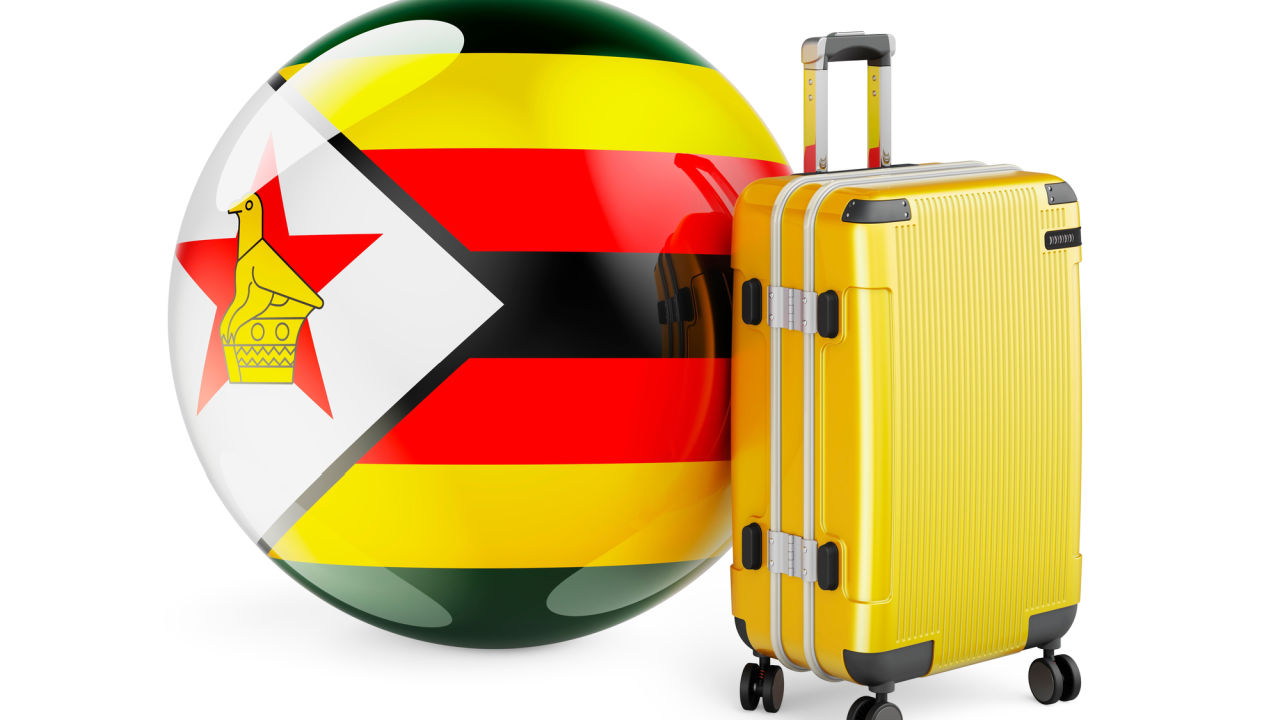Zimbabwe’s Blockchain Startups Launch Service To Help Migrants Efficiently Move Funds Across Borders – Africa Bitcoin News

Two Zimbabwean startups, Flexid and Uhuru Wallet, recently launched a platform that offers digital identity and money transfer services to migrants living and working in South Africa. The two startups hailed what they described as the “first cross-chain collaboration between the two companies.”
Take advantage of the blockchain
Zimbabwean blockchain startup Flex ID and South Africa-based Whatsapp remittance platform Uhuru Wallet recently said they have launched a platform that offers “combined digital identity and remittance services to millions of Zimbabwean immigrants in South Africa.”
In a statement shared with Bitcoin.com News, the two startups hailed what they described as the “first cross-chain collaboration between the two companies.” As revealed in the statement, Flex ID, which was co-founded by Victor Mapunga, leverages the Algorand blockchain, while the Uhuru wallet is built on the Stellar blockchain.
Commenting on the two startups’ joint solution, Trust Jakarasi, CEO and founder of Uhuru Wallet, said:
We are pleased to partner with FlexID to offer our customers a more streamlined and secure remittance experience. By combining our strengths in digital identity and transfer services, we can better serve the needs of Zimbabwean immigrants in South Africa.
Some of the challenges that the two startups hope to overcome through the new partnership include “providing a seamless and secure remittance experience” for Zimbabwean immigrants. Through this working arrangement, the startups also hope to deal with or overcome the problem of high sending fees, limited access to formal financial services, as well as problems with identity verification.
Limited access to financial services
Mapunga, meanwhile, spoke about the benefits of blockchain as well as the importance of deploying the technology.
“By leveraging blockchain technology, we can provide a secure and efficient way for users to verify their identity and access financial services, wherever they are,” insisted the CEO of Flex ID.
Although South Africa ranks among the largest remittance senders in sub-Saharan Africa, it costs anywhere between 5% and 20% to send money to Zimbabwe when using registered money transfer agencies. This in turn forces many Zimbabwean migrants to use alternatives such as couriers or unregistered money transfer platforms.
The emergence of a blockchain-based solution expands opportunities for Zimbabwean migrants and is likely to help reduce the average cost of transferring funds.
Register your email here to get a weekly update on African news delivered to your inbox:
What are your thoughts on this story? Let us know what you think in the comments section below.
Image credit: Shutterstock, Pixabay, Wiki Commons
Disclaimer: This article is for informational purposes only. It is not a direct offer or solicitation of an offer to buy or sell, or an endorsement or recommendation of products, services or companies. Bitcoin.com does not provide investment, tax, legal or accounting advice. Neither the company nor the author is responsible, directly or indirectly, for any damage or loss caused or alleged to be caused by or in connection with the use of or reliance on content, goods or services mentioned in this article.


